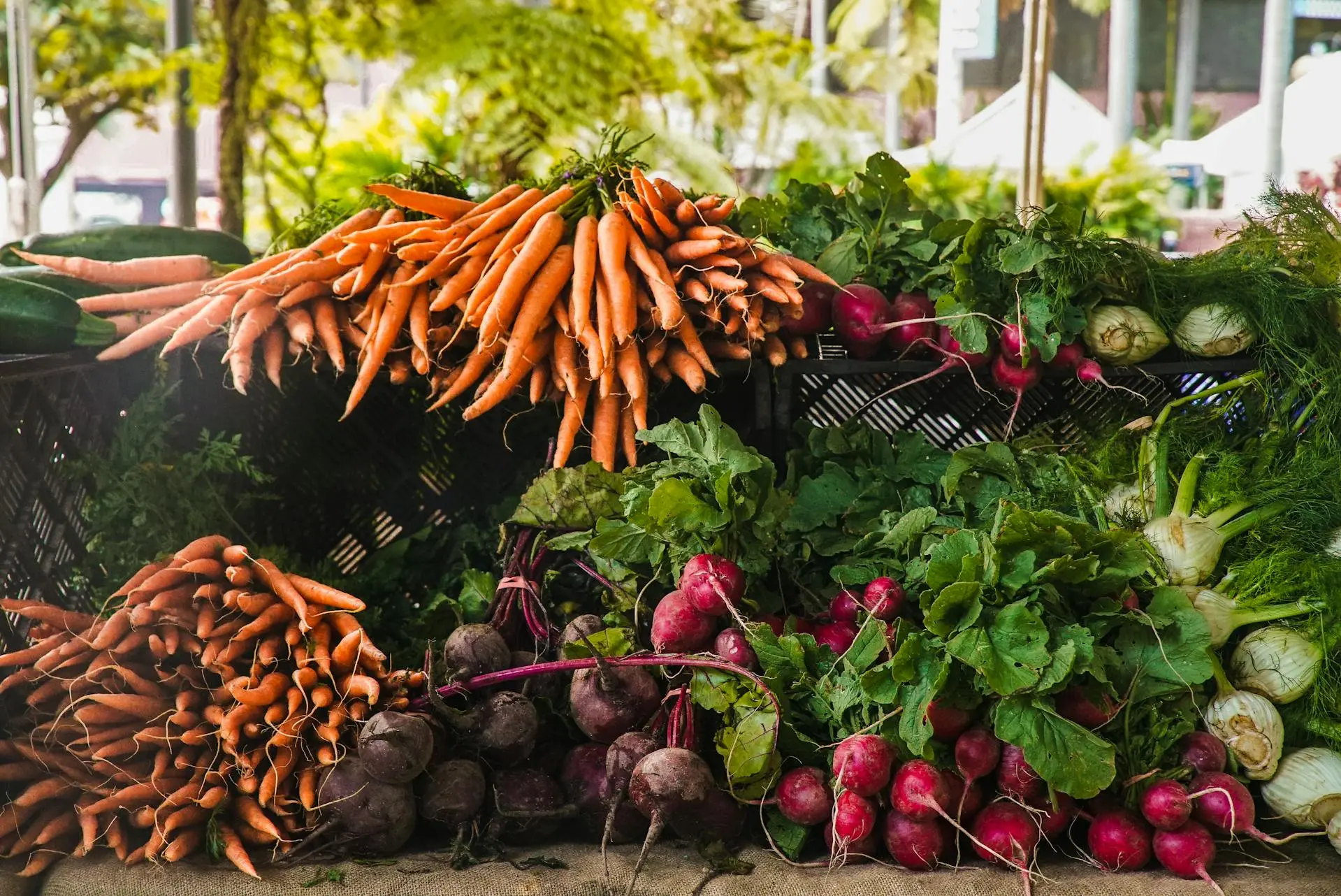Seasonal Eating: 7 Benefits and Tasty Recipes for Fresh Produce
Seasonal eating is a powerful approach to nutrition that emphasizes the consumption of fruits and vegetables that are in season. This practice not only enhances the flavor of your meals but also provides a host of health benefits. By focusing on seasonal produce, you can enjoy fresher, more nutritious food while supporting local farmers and reducing your environmental impact. In this article, we’ll explore the benefits of seasonal eating, highlight specific seasonal fruits and vegetables, and share some delicious recipe ideas to inspire your cooking.

The Benefits of Seasonal Eating
Freshness and Flavor :
One of the most compelling reasons to embrace seasonal eating is the unmatched freshness and flavor of in-season produce. Fruits and vegetables harvested at their peak ripeness taste better and have a more vibrant color. When you choose to eat what’s in season, you elevate your meals and enjoy the true essence of each ingredient.
Nutritional Advantages :
Seasonal produce often packs more nutritional benefits than out-of-season alternatives. When fruits and vegetables are allowed to ripen fully on the vine or in the field, they develop a richer nutrient profile. This means you’ll be consuming more vitamins, minerals, and antioxidants, which are essential for maintaining good health.


How Seasonal Eating Supports Local Economies
Supporting Local Farmers
By choosing to eat seasonally, you actively support local farmers and the agricultural community. Purchasing from local markets helps sustain local economies and encourages the growth of sustainable farming practices. This connection to local food sources fosters a sense of community and promotes environmental stewardship.
Reducing Carbon Footprint
Seasonal eating can also reduce your carbon footprint. When you buy locally sourced produce, you minimize the transportation required to get food to your plate. This reduction in food miles not only helps the environment but also means that your food is fresher and more flavorful.
Spring Seasonal Produce
Asparagus :
Spring heralds the arrival of asparagus, a nutrient-dense vegetable packed with vitamins A, C, E, and K. It’s also a great source of folate and fiber. Whether grilled, roasted, or added to salads, asparagus is a versatile ingredient that shines in spring recipes.
Strawberries :
Fresh strawberries burst onto the scene in spring, offering a sweet and juicy addition to your meals. Rich in antioxidants and vitamin C, strawberries can elevate everything from smoothies to salads. Try incorporating them into breakfast dishes or desserts for a delightful touch.


Summer Seasonal Produce
Tomatoes :
Tomatoes are at their best during the summer months. They’re rich in lycopene, an antioxidant linked to heart health. Fresh summer tomatoes can enhance salads, pasta dishes, and even sandwiches. Enjoy them in a Caprese salad or blended into a refreshing gazpacho.
Zucchini :
Summer squash, particularly zucchini, is a staple of the season. Low in calories but high in nutrients, zucchini is an excellent addition to stir-fries, salads, or even baked goods. Try spiralizing it for a low-carb pasta alternative.
Autumn Seasonal Produce
Pumpkins :
As fall arrives, pumpkins become a popular ingredient in various dishes. Pumpkins are not only rich in beta-carotene but also offer fiber and potassium. Use pumpkin puree in soups, baked goods, or as a creamy addition to smoothies.
Apples :
Autumn is apple season, and these fruits are versatile and nutritious. Apples provide a good source of fiber and vitamin C. Enjoy them fresh, in salads, or baked with cinnamon for a comforting dessert.


Winter Seasonal Produce
Citrus Fruits :
Winter brings a bounty of citrus fruits, including oranges, grapefruits, and mandarins. These fruits are excellent sources of vitamin C, which can help boost your immune system during the colder months. Enjoy citrus in salads, as snacks, or in homemade juices.
Root Vegetables :
Root vegetables like carrots, sweet potatoes, and turnips thrive in winter. These hearty vegetables are packed with vitamins and minerals, providing comfort during the colder months. Roast them with herbs for a delicious side dish or add them to soups and stews.
Delicious Seasonal Recipes
Spring Asparagus and Strawberry Salad :
Combine blanched asparagus, sliced strawberries, and mixed greens for a refreshing spring salad. Drizzle with balsamic vinaigrette for a light and tasty dish that highlights seasonal eating.
Summer Tomato and Zucchini Pasta :
Sauté fresh tomatoes and zucchini with garlic and olive oil. Toss with whole-grain pasta and top with fresh basil and parmesan cheese for a quick and satisfying summer meal.
Autumn Pumpkin Soup :
Blend roasted pumpkin with onions, garlic, and vegetable broth for a creamy soup. Season with nutmeg and cinnamon for a warm and comforting autumn dish that showcases the benefits of seasonal eating.
Winter Citrus Salad :
Mix segments of oranges and grapefruits with avocado and red onion for a zesty winter salad. Drizzle with olive oil and a sprinkle of salt for a refreshing and nutritious option.
Frequently Asked Questions (FAQ)
What is seasonal eating?
How can I find out what produce is in season?
Are there health benefits to eating seasonally?
Can I still eat out-of-season produce?
How do I store seasonal produce properly?
Embracing seasonal eating is a fulfilling way to enhance your diet while supporting local agriculture and enjoying the freshest produce available. By highlighting the nutritional benefits of seasonal fruits and vegetables and providing delicious recipe ideas, you can make the most of what each season has to offer. Start incorporating seasonal eating into your meals today, and savor the vibrant flavors and health benefits that come with it!
Follow & Subscribe
An Amazing Newsletter Awaits You!
Latest Article
Latest News & Blogs





